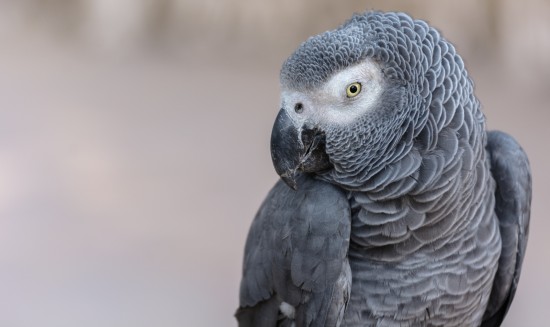Getting to know your dog starts by getting to know its breed, and that includes getting a better idea about its appearance, personality, and health requirements. Here's what you need to know about the West Highland White Terrier:
Commonly referred to as a Westie, this breed has an excellent personality, being extremely friendly and great with both children and other animals. The breed is small with a white coat that is hard to miss. Keep in mind that because the Westie is a terrier, you can expect a little bit of independence and attitude. However, proper socialization and training will help.
This breed of dog is actually a descent of the Cairn Terrier, which is also white, and the Scottish Terrier, also known for producing white puppies. Although no longer done, original breeds of the West Highland White Terrier also incorporated bloodlines from the Dandie Dinmont Terrier and Bedilngton Terrier.
The exact origin of the West Highland White Terrier is a bit confusing. Some believe the breed originated during the 19th century, first being developed in Scotland by Colonel Edward Donald Malcolm while others insist the breed was developed by the 8th Duke of Argyll. Regardless of the actual person responsible for the Westie, we do know that special breeding was required to end up with this beautiful and distinguished dog.
Physical Appearance
The West Highland White Terrier has a strong, sturdy body, bright eyes that are typically dark and deep set, and small, pointed ears. The average height for this breed is 11 inches with weight anywhere from 15 to 22 pounds. Unlike other breeds, the Westie has a tail with a carrot shape, averaging five to six inches in length. The the tail is a distinguishing character. It should never be docked. You would also notice the build including a deep chest, short fitted jaw with a scissor bite, muscular legs, and a slight convex head.
The coat of the West Highland White Terrier is a double coat. This means the undercoat is soft and thick while the outside or top coat is rough. To keep the Westie looking good, it does require regularly scheduled grooming. Depending on personal taste, some people will keep the Westie clipped short while other people will go for the lion clip in which fur around the face is left to resemble the mane of a lion. The Westie has feet with a slight web, similar to that of the Labrador Retriever.
Temperament and Personality
Keep in mind that while the West Highland White Terrier makes an exceptional companion or family pet, it is also among the working class dog, which means it has a medium to high level of energy. When taking your dog outside, you may notice it trying to chase down birds, squirrels, and other prey. It is important to note that most terriers have a built-in desire to chase prey. The Westie is exceptionally driven. Because of this, if you were out walking the dog, even one that had been trained, you risk it taking off at the first sight of a rabbit or other creature.
Although this breed would make a great pet for the elderly or apartment-dwellers, due to the energy level, the Westie also needs adequate playtime and exercise. You will also find that the West Highland White Terrier is protective of its family, making both great watchdog and guard dog. While the Westie does exceptionally well with children and other animals in the home, it is still important the dog be socialized and introduced preferably from a young age.
Health
Probably the most common complaint seen with the West Highland White Terrier has to do with skin. This breed is prone to dry skin so rather than bathing weekly, as you might do with another dog, it is recommended not more than once a month. To help keep the coat healthy and shiny, daily brushing will help. When you do give this breed a bath, you want to use gentle dog shampoo, one without fragrance or detergent.
In addition, you will find that the Westie often has allergies. For instance, while one breed of dog might only itch slightly when bitten by a mosquito, the West Highland White Terrier could actually experience a nasty infection. Other less common health problems include Westie Lung Disease, White Shakers, liver, kidney, eye, and heart problems, along with diabetes, Addison's Disease, Legg-Calve Perthes, and Hip Dysplasia.

 Dog Barking - How To Stop Your Dog From Barking
Dog Barking - How To Stop Your Dog From Barking
 Understanding A Chickens Digestive System & Crop Function
Understanding A Chickens Digestive System & Crop Function
 Love Me, Love My Dog - Introducing A New Partner Into Your Dog’s Home
Love Me, Love My Dog - Introducing A New Partner Into Your Dog’s Home
 All About Ear Mites In Pets
All About Ear Mites In Pets
 Leave It! Five Simple Steps To Training Your Dog Away From Your Possessions
Leave It! Five Simple Steps To Training Your Dog Away From Your Possessions
 Common Illnesses In African Grey Parrots
Common Illnesses In African Grey Parrots